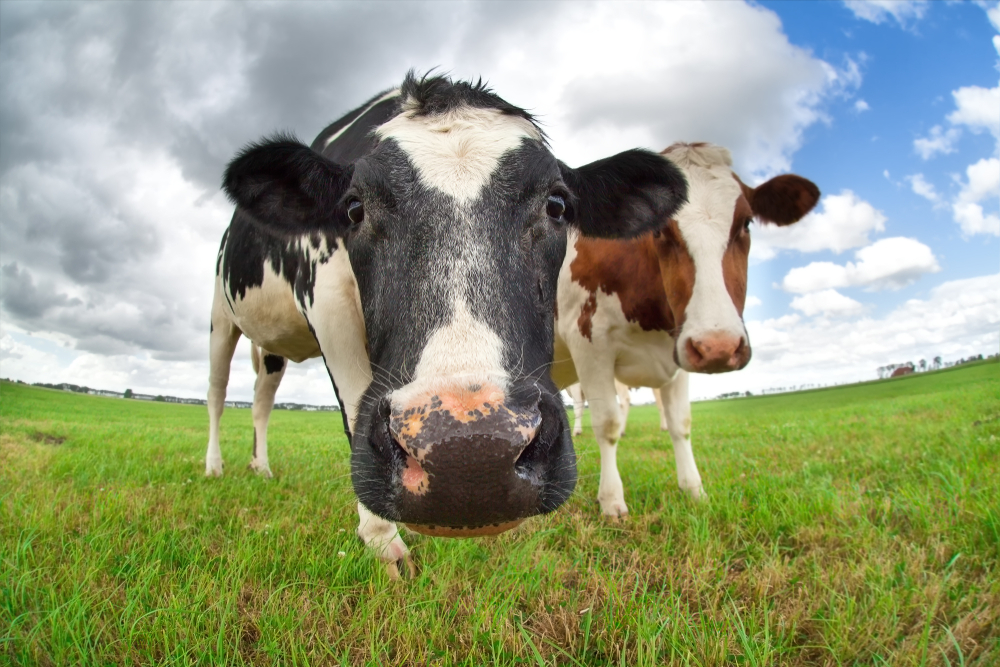A livestock carrier loaded with thousands of cattle has become stranded far from land, turning into a scene of heat, filth and worsening animal suffering.
Others are reading now
The ship’s long confinement has created a humanitarian and veterinary emergency that charities say should never have been allowed to happen.
Its voyage has now stretched to nearly two months with no safe destination in sight.
Stuck at sea
According to reporting from The Sun, the Spiridon II, a 52-year-old, Togo-flagged livestock carrier, has been unable to unload its animals due to unresolved paperwork problems.
The vessel, which departed Montevideo on September 20, reached the Turkish port of Bandirma on October 22 but was barred from docking.
Local residents described an overwhelming stench and clouds of flies surrounding the ship as the days passed.
Also read
Cows were reported to be dying on board, while others gave birth in cramped, unhygienic spaces.
Around 2,900 heifers remain packed into the ship’s holds as the conditions deteriorate.
Mounting losses
The Germany-based Animal Welfare Foundation said at least 58 animals have already died.
Photographs shared with the organisation show large bags believed to contain dead cattle on the deck, with reports of fluids leaking from them.
The group said approximately 140 calves had been born during the voyage, adding that 50 newborns were “detected” but that the fate of the remaining calves was “unknown.”
Also read
As food and water dwindled, welfare groups warned that surviving animals were unlikely to be receiving proper care.
Forced back to sea
Authorities in Turkey briefly allowed the ship to dock only long enough to take on supplies before ordering it to leave again.
With no permission to unload, the vessel has been instructed to return across the Atlantic to Uruguay.
The outward trip lasted 32 days, meaning the return journey will take the animals into mid-December. For many, it may be another month spent in sweltering, cramped conditions.
Animal Welfare Foundation had urged officials to unload the cattle in Turkey, but their appeal was rejected.
Also read
Expert warnings
Dr Maria Boada Saña of Animal Welfare Foundation said, “After the long journey from Uruguay to Turkey, the animals are already weakened. Every further delay means massive suffering.”
Australian veterinarian Dr Lynn Simpson, who specialises in long-distance livestock transport, said provisions were likely running out.
“It is my experience that provisions of fodder, bedding and fresh water are likely to be low or non-existent at this point with an unexpectedly extended voyage,” she said.
“I suspect that water supplies will be very low or questionable in quality if made at anchor.”
Dr Boada Saña added that the ordeal reflected systemic failures in the global live export trade.
Also read
“The fate of these 2,901 cattle is exemplary of the system of live animal exports on the high seas. As long as such transports are permitted, these tragedies will continue to happen.”
Built in 1973 and converted to a livestock carrier in 2011, the Spiridon II is listed as having 4,000 square metres of space for cattle.
Animal welfare organisations say this is nowhere near enough to protect livestock in unforeseen delays, especially on voyages extending far beyond their planned duration.


